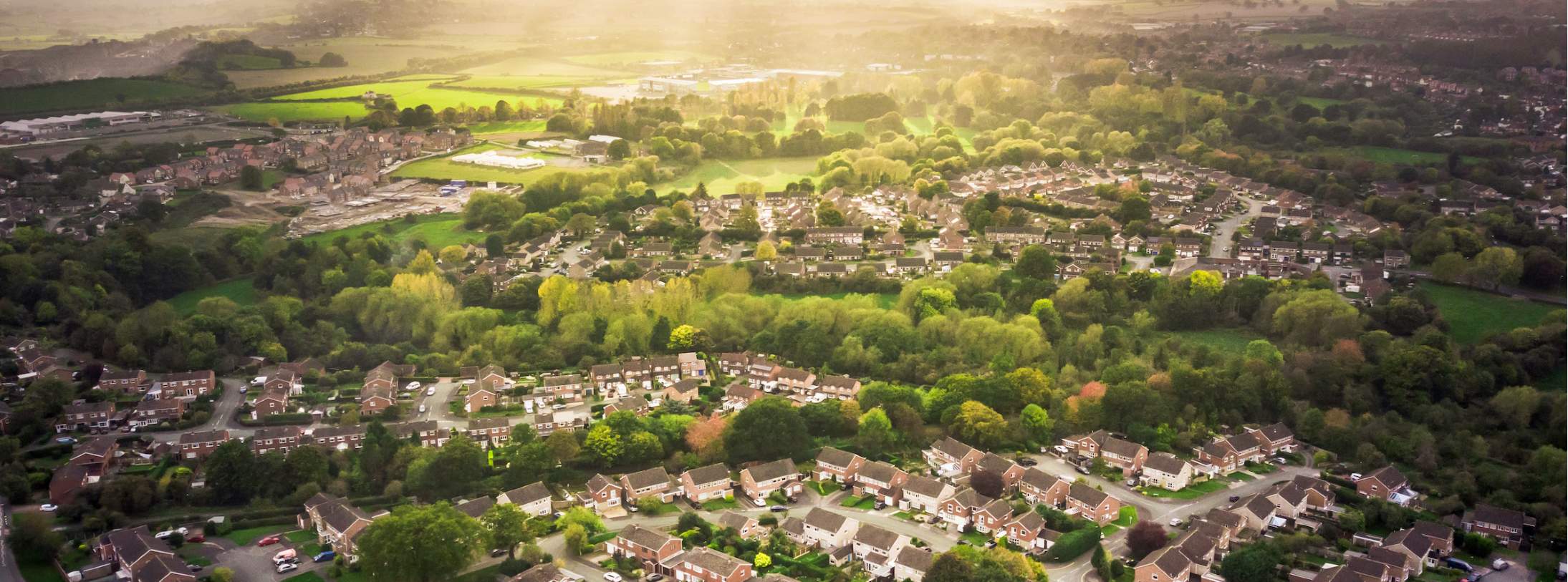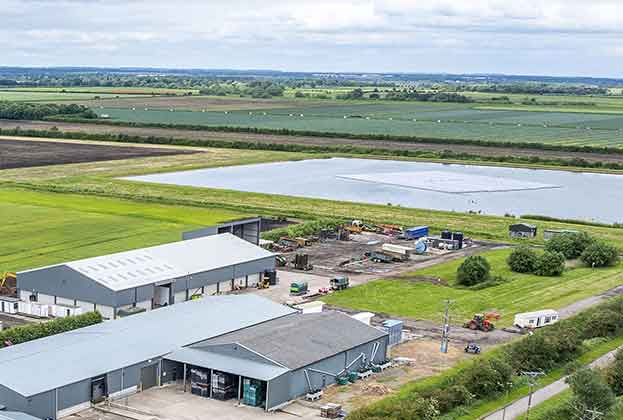It could be argued that the real estate sector is largely preoccupied with physical outputs – the buildings and the infrastructure surrounding them. Although there has been a shift towards inclusion of socially driven initiatives as part of the development cycle, there’s still a significant disparity between the best in class and standard approaches with regards to delivery within the sector.
ESG has turned up the volume for the voice of social value and has created an opportunity for different facets of the sector to put people and places on par with property, in the pursuit of balancing profit with social objectives and working towards a more sustainable world.
The long-term stakeholders of any project are the community that come to occupy it and the one in which it exists. Decisions made at the front end of a development journey will impact the prospects and opportunities of that community/communities for many generations to come.
As those within the built environment we should all accept some responsibility for creating change. How we achieve this will be driven by the culture and values of the business we work for and the businesses we work with.
Social value is an investment, not a cost, and like any investment, businesses are entitled to see a return. I have spent many years developing methodologies, frameworks and initiatives that seek to achieve this through a bespoke approach. This approach requires a deep understanding of the communities, policies and social issues that shape the present and the future of the project, and the surrounding area.
Social value creates a shared benefit that provides a neutral place for stakeholders from the private and public sectors, and communities to enjoy meaningful engagement. Whether that be through the activation of impactful commercial space, the creation of employment opportunities, the inclusion of creative industries, or the delivery of community programmes, the outcome should remain the same; a net positive impact that creates genuine change for the better. It is in-depth research and analysis that sets the quality standard for the advice we provide that subsequently unlocks the full potential of a project.
One of the key principles of social value is involving stakeholders in maximising the benefits from any planning consent. Integrating the needs of communities into the design or associated community projects is appealing to funders for their ESG requirements, while having the dual benefit of enabling support of community leaders and politicians.
Our approach to measurement
What we measure is ultimately dependent on what we are trying to achieve, so the approach is very much driven by understanding the needs of a project, both inside and outside the red line of the planning application.
Quantitative measurements are often used to demonstrate the impact of social value schemes and these are particularly useful when thinking about fiscal and economic outcomes such as employment and skills or increased economic activity.
However, social value cannot truly be measured by numbers alone, listening to people’s opinions and their experiences of change that has been created is equally as important and some outcomes are not easy to quantify. Value can be shown through capturing the change for people and communities through qualitative methods.
There are many commercial benefits to social value projects, but in order for social value to be impactful it is important to focus on assuring integrity throughout. The real estate sector has the ability to enact real change; developing and regenerating towns and cities, leading to a more socially sustainable future. In a time of economic instability, thinking about the needs of local communities are more important than ever.
Further information
Why going back to basics can clarify the approach to social value

.jpg)







.jpg)
.jpg)